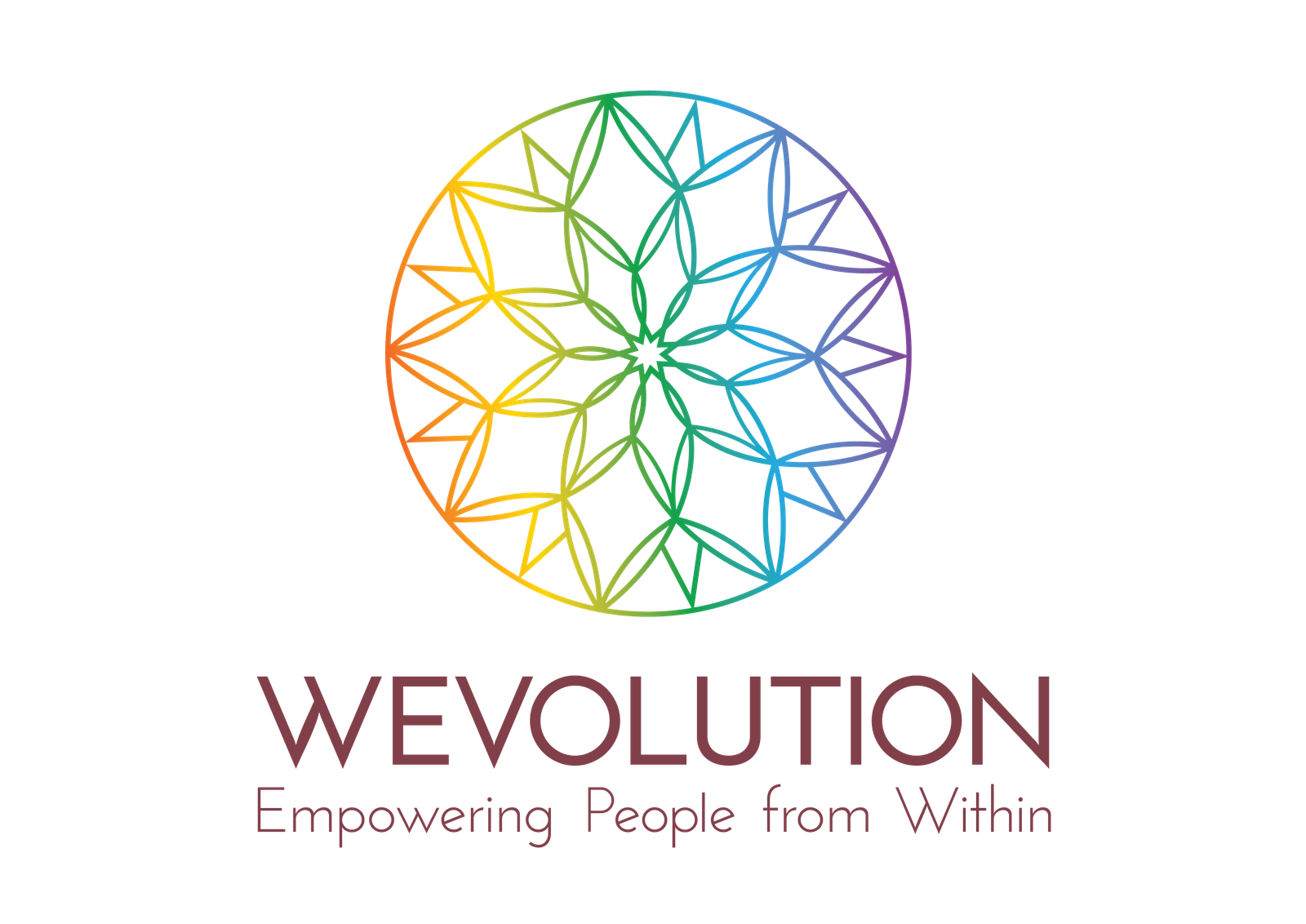Without having any previous knowledge about mentoring, it turns out that I have had mentors since the beginning of my professional career.
A mentor is a person who guides you, directs you and gives you advice on your professional development. It is a person with whom you can share your everyday issues and with whom you can also talk about crucial concerns in your professional responsibilities. It is someone you trust, both for his or her judgment and in good faith. In a mentoring relationship, you share knowledge, experience, values, emotions, desires and fears related to professional life but also linked to your personal, family and social life.
The concept of mentoring originally comes from the Odyssey, a story by the Greek poet Homer. Before leaving for Troy, Ulysses asked his friend Mentor to prepare his son Telemachus to be a leader. Mentor, then, acted as a model and as a counselor, inspiring Telemachus and presenting him with challenges so that he would become a competent leader. As a leader, he needed to able to succeed his father as king of Ithaca, the beautiful Mediterranean island. And this is how Ulysses achieved the goal of educating his son while he was away.
Since then, the term has been used as a synonym for tutor, guide and counselor, and today it even takes on the meaning of advisor or coach.
As we develop our careers, we face new challenges. We are not always 100% sure of the decisions we must make. Many times, decision-making is very lonely.
However, the process leading to the decision can be very rich if we share our goals, concerns and ideas with others in whom we trust. By expressing their point of view, these people enrich our vision. Many times, they can provide details that we had not considered, or emphasize issues that seemed secondary. The point of view of others always gives us a fuller view of the situation, and that logically leads to better decision-making.
Mentoring is a highly rewarding experience. It is a simple and powerful tool to help women achieve their highest potential and to speed up the development of female leadership.
In my case, the first informal mentoring relationship that I remember started by chance. It was an empathic relationship in which I felt identified with that person and I learned from past experiences, comments and professional vision.
I have now realized that I have always had mentors. And I know that, from now on, I will have them all the time. In general, my mentors are much more experienced than I am. How valuable! Such wisdom to absorb!
Today, I can’t make a list of all the men and women who have been my mentors. The concept is so ingrained in my life that unconsciously I find mutual learning, guidance and counseling in all my relationships.
Each mentor has humbly dedicated time to me with disproportionate generosity, and has given me energy to remain on my chosen path. And this does not mean that I did not stumble!
Thank you, thank you, thank you everyone, my teachers, mentors, guides, colleagues, and friends.
I have a confession to make: being grateful feels a bit “selfish.” I am constantly expressing my appreciation because it makes me happy. I suggest you do it too. Saying thank you improves your quality of life, creates positive experiences, increases your self-esteem, helps you overcome stress and anxiety, and keeps you away from truly selfish and ugly thoughts.
There is no doubt that one of the keys to my personal and professional growth is to be grateful. Another key is to have the chance to be around more experienced people, who have the capacity and willingness to work with me on my development. I encourage you to try it too. Perhaps you realize that you already have a mentor, or several. What a pleasant surprise!

